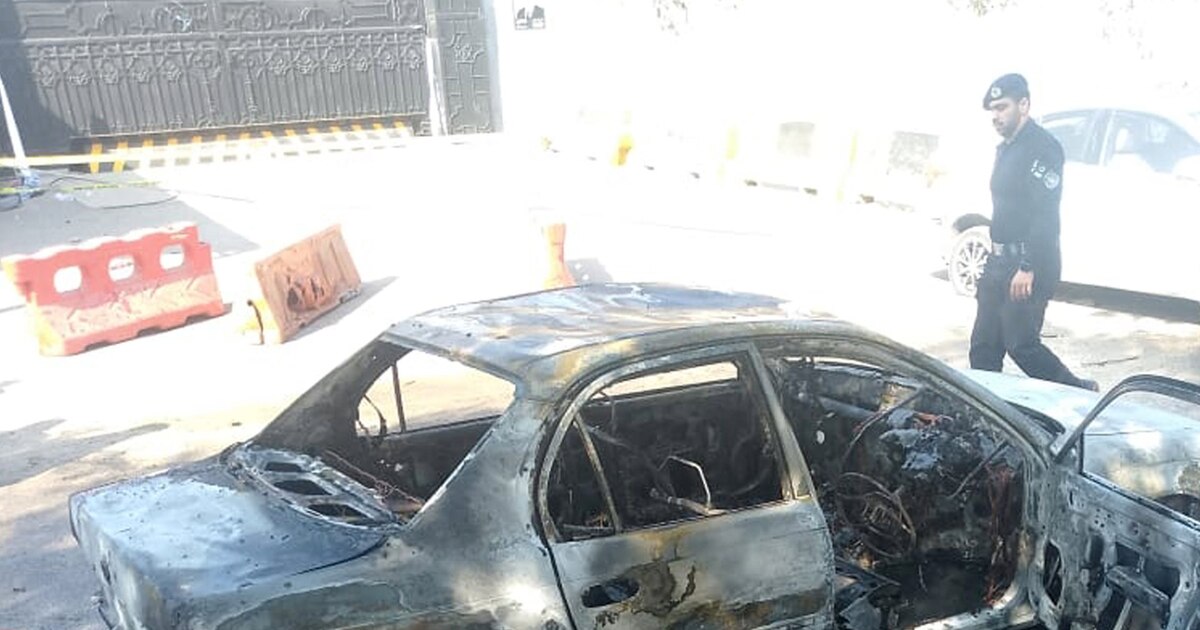
The recent failure of negotiations to establish a ceasefire between Pakistan and Afghanistan has placed increased international attention on the stability of the two countries’ shared border. According to Geo TV, after several failed rounds of talks, the lack of diplomatic progress indicates the difficulty in reaching a long-term solution, while escalating violence is fueling concerns within the region and beyond. The tensions have led the Pakistani government to consider immediate adjustments to its defense strategy, especially in the wake of attacks in central Islamabad and neighboring areas.
Media outlet Geo TV reported that the state of highest alert issued by the Pakistani government is in response to both a suicide bombing in Islamabad that claimed 12 lives and an attempted attack on a military campus in South Waziristan. Both incidents have reignited domestic debate over possible military intervention in Afghan territory, given what authorities see as a continued tolerance of the Taliban government toward insurgents operating from Afghanistan. An official statement by Defense Minister Khawaja Asif, broadcast by Geo TV, made the official position clear: “Pakistan is at war,” the official said via social networks
In a televised intervention also recorded by Geo TV, Asif said the regime always leaves open the possibility of carrying out direct operations across the border if new incursions are detected or Afghan support for militant groups responsible for attacks on Pakistani territory is confirmed. The minister said Pakistan has no intention of unilaterally escalating the conflict, but noted that any hostilities “will not go unresponsive.” This position was supported by Prime Minister Shehbaz Sharif, who recalled charges against India over its alleged links with militant groups in Afghanistan, an accusation that Islamabad authorities had previously repeated.
As detailed by Geo TV, Khyber Pastunjua province on the border with Afghanistan has focused a significant part of recent military operations. In the region, Pakistan’s military reported killing at least 20 people suspected of being members of terrorist organizations within the framework of stepped-up deployments to thwart insurgent infiltration. These actions are part of an evolving national security strategy that expands surveillance into rural and urban areas vulnerable to the actions of armed cells.
The issue of international cooperation was raised by the President of Pakistan himself and military representatives, who in a statement to Geo TV called for more effective bilateral coordination with Afghanistan to dismantle the network responsible for the attack. As reported by the media, Islamabad claims that the lack of concrete measures by the Taliban government makes Afghan territory vulnerable to use as a base of operations for planning and carrying out attacks, and is calling for a firm and concrete response, which has so far not materialized.
A foiled attempt to attack a military campus in South Waziristan ended in the deaths of two people, raising awareness of the persistent threat in the region, according to information gathered by Geo TV. As a result of this incident and the attack on the capital, the government chose to tighten control measures and strengthen the military presence in the most endangered areas, while maintaining the hypothesis that a new invasion was likely if the opposition continued through diplomatic channels.
Meanwhile, the same media reported that contacts between Islamabad and Kabul were insufficient to achieve any stable commitment to halt the spate of hostilities. After last month’s armed clashes, the two sides held up to three rounds of negotiations aimed at extending the ceasefire between their militaries, but none of the talks resulted in any significant progress.
The panorama of cross-border violence has led to a review of defense protocols, with the administration responding proportionately to each piece of invasion and aiming to maintain continuous surveillance both in urban centers and in rural areas traditionally used by rebel groups. Geo TV noted that the lack of progress in the diplomatic field is exacerbating uncertainty over borders and solidifying shared territory as a possible scenario for future armed conflict.
Recognizing that military tensions between Pakistan and Afghanistan could affect regional stability, various international voices are closely monitoring developments, Geo TV said. The recent attacks served as a reaffirmation of the urgency within the Pakistani government itself to plan a dynamic and immediate response to any new signs of foreign infiltration or violence.



